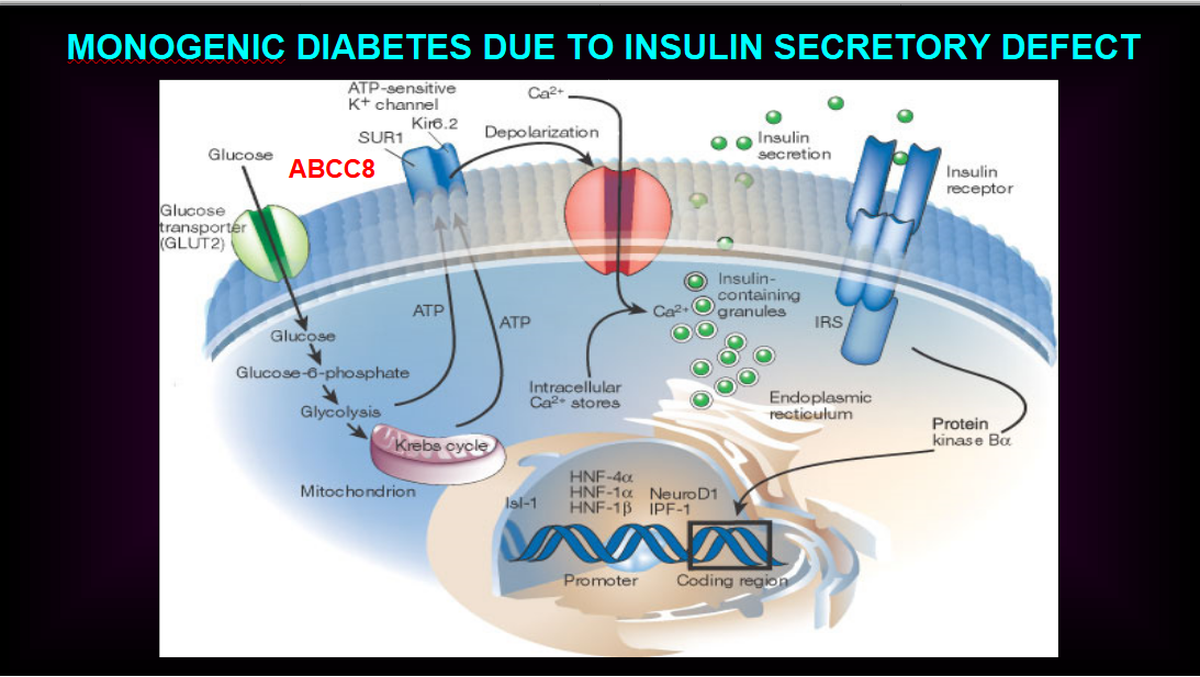
Dr. V. Mohan, Chairman, Madras Diabetes Research Foundation, along with Dr Radha Venkatesan, Head of Genomics, Madras Diabetes Research Foundation, addressing a press conference
| Photo Credit: The Hindu
Scientists from the Madras Diabetes Research Foundation (MDRF), Chennai, in collaboration with Washington University School of Medicine in St. Louis, United States, have discovered a previously unrecognised subtype of Maturity-Onset Diabetes of the Young (MODY), and have called for wider access to genetic screening and precision treatment for diabetes patients, particularly in India.
The findings were presented to the media at a conference held at the MDRF here on Thursday.
MODY is a rare, inherited form of diabetes caused by mutations in a single gene, typically appearing in adolescents and young adults. While 13 MODY subtypes have been recognised to date, the newly identified variant challenges long-standing assumptions about the condition, doctors said.
Need for genetic testing in diabetes management
Researchers say the breakthrough not only adds to scientific understanding but also underscores the urgent need to integrate genetic testing into routine diabetes care. This, they noted, could mark a turning point in improving diagnosis, treatment, and long-term disease management for thousands of individuals living with undetected or misclassified forms of monogenic diabetes.

These defects primarily affect the pancreatic beta cells, which are responsible for insulin synthesis and secretion.
| Photo Credit:
Special Arrangement
The study, published in the journal — Diabetes —of the American Diabetes Association, identifies Loss of Function (LOF) mutations in the ABCC8 gene (it helps regulate insulin release in the pancreas by controlling a channel that responds to glucose levels, allowing insulin to be released into the bloodstream, when needed), in contrast to the Gain of Function (GOF) mutations previously linked to MODY and neonatal diabetes. The new variant results in early-life hypoglycemia, followed by later-onset diabetes — a progression previously undocumented in MODY cases.
Colin G. Nichols, lead researcher, Washington University School of Medicine, highlighted in the study that the LOF mutation impairs potassium channel function in pancreatic beta cells, disrupting insulin secretion. He said the study marked the first observed switch from congenital hyperinsulinism to diabetes in maturity-onset diabetes of the young context.

Clinical implications and treatment possibilities
Radha Venkatesan, executive scientific officer, head of molecular genomics at MDRF and co-lead author, emphasised the clinical implications of this discovery. “This variant does not respond to conventional treatments such as sulphonylureas, which are effective in other MODY forms. Understanding the underlying genetic mechanism is key to guiding appropriate therapy,” she said.
Insulin secretion is the process by which pancreatic beta cells release insulin into the bloodstream.
| Photo Credit:
Special Arrangement

Sulfonylureas work by stimulating insulin release from the pancreas, lowering blood sugar levels
| Photo Credit:
Special Arrangement
V. Mohan, chairman of MDRF, reiterated the importance of incorporating genetic testing into standard diabetes diagnosis. “Many patients with MODY remain undiagnosed or misclassified as having type 1 or type 2 diabetes. This discovery strengthens the case for precision diagnosis and treatment,” he said.
The findings are based on clinical data and laboratory analysis of Indian patients. Researchers believe that expanding access to genetic testing could lead to earlier detection and more effective care for individuals with monogenic forms of diabetes.
Published – May 08, 2025 09:54 pm IST

